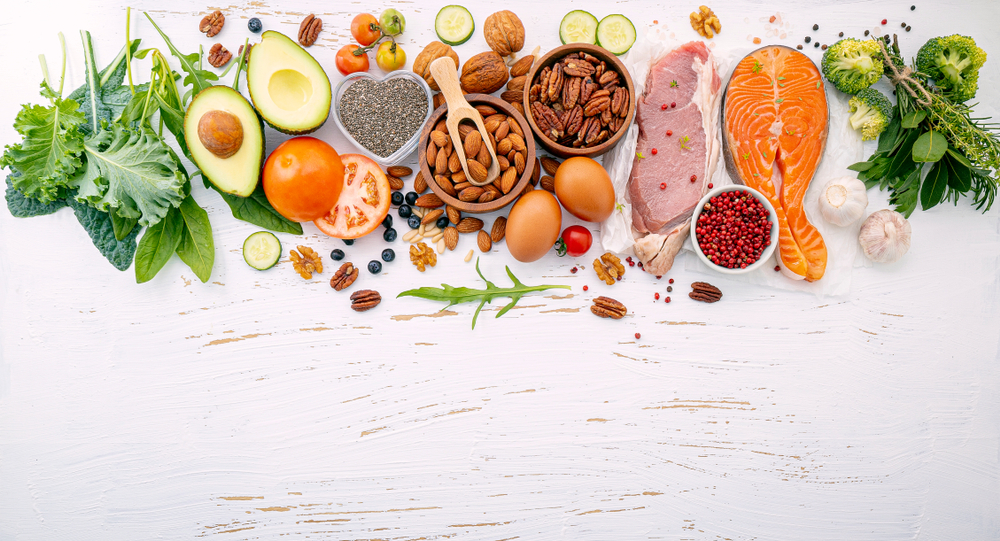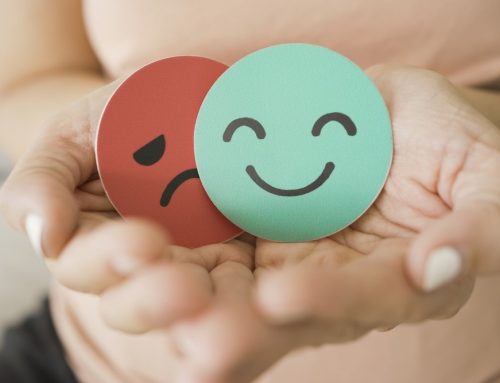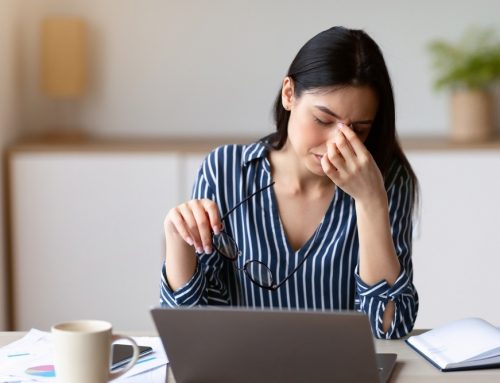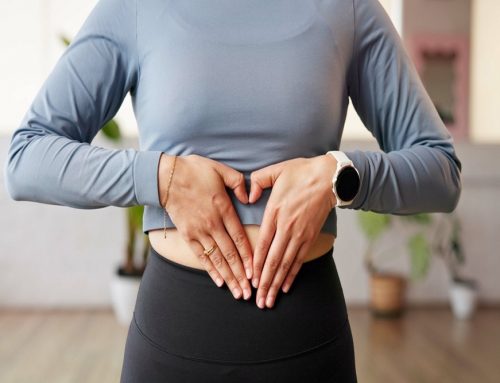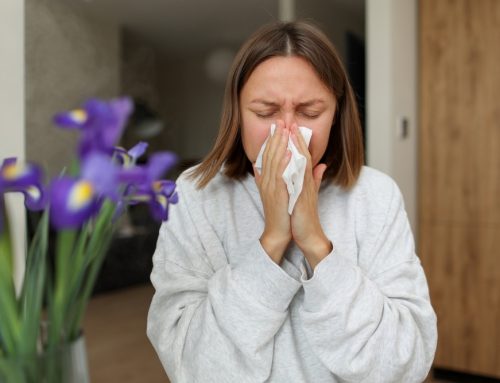Five Foods you Should be Eating to Avoid Depression and Anxiety
Most people do not know the power that food has on our bodies. It is surprising to find out how much power, food has on our predisposition in getting depression or anxiety. Mental health should be one of your most important priorities. Focusing on foods that aid in making your mental health healthier can ease the effects of loneliness and depression that tend to be happening because of the Coronavirus pandemic anxiety and depression can both be alleviated by certain kinds of food with various components that are either beneficial or detrimental to our mental health.
Serotonin Production and the Cure for Depression
The definition of depression might be unclear, “Depression is a common mental disorder, which can be long-lasting or recurrent, substantially impairing an individual’s ability to function in their daily life [1]. People with a depressed mood can feel sad, anxious, empty, hopeless, helpless, worthless, guilty, irritable, ashamed or restless”. So, these are some of the foods you should consider eating to help benefit your mental health: It is undeniable that the power of our diets has a significant impact on every aspect of our lifestyle.
First, Let’s focus on that mood-boosting vitamin C.
Nuts and Seeds

When thinking about the cure for depression, carbohydrates might not seem like the best option. But on the contrary, carbohydrates are called comfort food for a reason. The only issue is that we tend to pick simple carbohydrates and do not aid in making our mental health better. Instead, they are just fatty contributors. Think about foods like legumes or vegetables. These kinds of foods can create a difference in boosting serotonin production.
Quinoa can be a great option to substitute unhealthy carbohydrates and can be a yummy substitution to include in your salad or as a side dish!
Fish

Vitamin D! The sunlight vitamin helps boost moods and alleviate some symptoms of depression! Especially since fish is also high on Omega 3, which can help regulate blood sugar levels. Omega 3 has so many features that will help make your body healthy! In an analysis by the JPGM (Journal of Postgraduate Medicine), the findings demonstrated that “Vitamin D supplementation favorably impacted depression ratings in major depression with a moderate effect size.” The fact that Vitamin D has such a meaningful impact in helping the mind get rid of negative thoughts shows its immense significance in a healthy diet!
Dark Chocolate

Everyone loves chocolate, and who would have thought it had such benefits for relieving depression and anxiety. But make sure that it is 100% Dark Chocolate! Dark chocolate is high in Zinc which has been linked to boosting the immune system and may even help antidepressants work better, so get ready to hit the confectionary aisle!
Turmeric
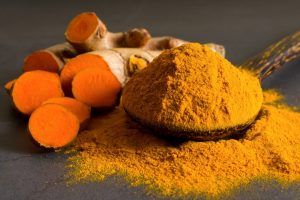
Turmeric is a significant ingredient in Asian cooking, including Curry powder. It has been proved to help the body alleviate those negative symptoms, if you suffer from chronic pain or inflammation. Chronic pain can lead to anxiety and depression, which might also be a reason why it might be a good cure for these ailments.
Yogurt

Probiotics are known as healthy microbiota that may help reduce the risk of depression and anxiety, making the PH in your stomach more balanced. Probiotics are also known to produce or enhance neurotransmitters and contributing to the production of serotonin. It may also affect the response and function to stress, which also contributes to anxiety.
There are multiple options to make your diet not only mentally healthy but also tasty and nutritional. We hope you enjoyed reading about the five foods you should be eating to avoid depression and anxiety. While there are some foods that you might want to avoid include caffeine, refined foods, and alcohol. If you’d like to learn more about how naturopathic medicine and beneficent dietary tips that can help restore your body and mind, feel free to contact Dr. Brandy McGill directly on our website.
* This content is not intended to be a substitute for professional medical advice, diagnosis, or treatment. Always seek the advice of your health provider.

